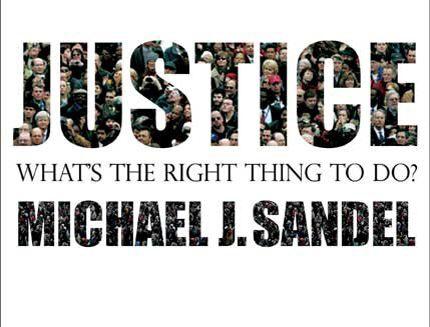It’s been awhile since I’ve done Book Briefs, and I’ve had some flight time for reading, so there are a few more books here than usual.
Garnet Howard Milne, The Westminster Confession of Faith and the Cessation of Special Revelation: The Majority Puritan Viewpoint on Whether Extra-Biblical Prophecy Is Still Possible (Paternoster 2007). This is a terrific of example of top notch scholarship serving the church. Milne has poured over the primary literature in trying to determine what the Westminster Confession meant by the so called “cessation clause” in WCF 1:1. He concludes that most of the Puritans were cessationists, but nuanced their position by making a distinction between immediate and mediate revelation and by allowing for supernatural providences in dreams and visions.
Alistair Chapman, John Coffey, and Brad S. Gregory (eds), Seeing Things Their Way: Intellectual History and the Return of Religion (University of Notre Dame Press 2009). This collection of essays seeks to incorporate the insights of Quentin Skinner and the “Cambridge School” of intellectual historians, especially as it relates to religious history. The chapters by Chapman, Coffey, Muller, and Van Asselt were especially helpful. Two big takeaways: religious history cannot be bracketed and set apart from the rest of intellectual history, and intellectual history must deal with more than the bald promulgation of ideas from great thinkers.
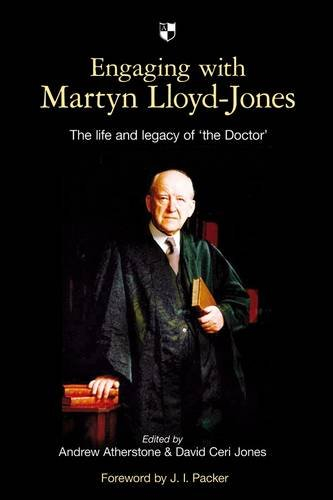
Andrew Atherstone and David Ceri Jones (eds), Engaging with Martyn Lloyd-Jones: The Life and Legacy of ‘the Doctor’ (Apollos 2011). As a longtime MLJ fan/disciple/afficianado/what-have-you I couldn’t put this book down. I read all 350 pages in a couple days. J.I. Packer’s Foreword is magnanimous. The opening chapter on Lloyd-Jones and his biographers is provocative. Andrew Atherstone on the secession crisis is fair and balanced. John Coffey on Lloyd-Jones the historian serves as both an encouragement and a warning to pastors who want to draw lessons from church history. This book will help you better understand the great influence, great stature, great ability, and many of the great contradictions and not a few weaknesses of the Doctor.
Michael Horton, A Better Way: Rediscovering the Drama of Christ-Centered Worship (Baker 2002). Being over a decade old, the controversies running through the book sound a bit dated at times, but the theological case Horton makes for worship as gospel-centered covenant renewal is not. The volume is a good place to start in thinking more deeply about worship, especially if you are coming out of an entertainment driven model.
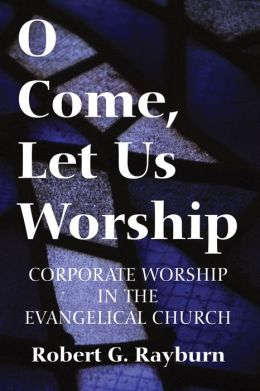
Robert G. Rayburn, O Come, Let Us Worship: Corporate Worship in the Evangelical Church (Wipf and Stock 1980). I can’t imagine any Reformed or Presbyterian pastors or worship leaders not being helped by this book (and non-Reformed folks will benefit too). I’m sure you’ll disagree with a few of Rayburn’s strong opinions (I did in places), but the book will get you thinking theologically about the elements, the flow, and the content of your worship services. An overlooked worship resource.
David A Croteau (ed.), Perspectives on Tithing: Four Views (B&H 2011). This volume has the strengths and weaknesses of the other book in this series. Setting different perspectives side by side and forcing them to interact is edifying and instructive. It’s also redundant and (depending on the contributor) snippy at times. Croteau strongly disagree with the continuing obligation to tithe (though not with generous giving), but he’s put together a diverse set of thinkers who present good arguments for their respective perspectives. A helpful resource for pastors or church leaders.
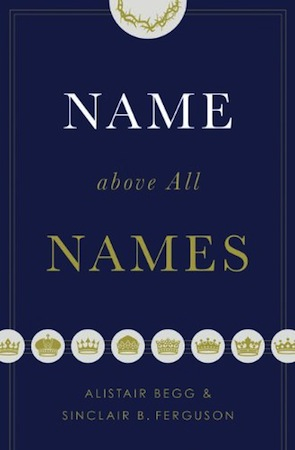
Alistair Begg and Sinclair B. Ferguson, Name above All Names (Crossway 2013). A new book by two terrific pastors and gifted preachers who should write more (yes, they are Scottish too!). Here’s my blurb: “You can’t have too many good books about the person and work of Jesus Christ. And this is a great book. Alistair Begg and Sinclair Ferguson handle the most doctrines of the faith with clarity, fidelity, pastoral insight, and good humor. New Christians, non-Christians, and long-time Christians will benefit from these superb expositions.”
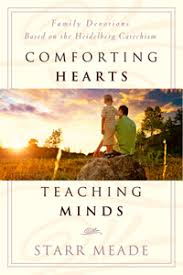
Starr Meade, Comforting Hearts, Teaching Minds: Family Devotions Based on the Heidelberg Catechism (P&R 2013). I was happy to provide an endorsement for this book as well: “I am always eager for new resources on the Heidelberg Catechism. I hope Starr Meade’s latest contribution reaches a wide audience, leading more and more families to get acquainted with Heidelberg and to think to themselves, ‘Where has this been all my life?!'”
Scott Turansky and Joanne Miller, Say Goodbye to Whining, Complaining, and Bad Attitudes in You and Your Kids! (Waterbook 2000). This book doesn’t have the same gospel-centrality we are used to in our circles. Nor am I convinced that “honor” is the overarching theme the authors want to make it to be. But this is still a helpful, practical book with lots of stories and much good commonsense. My biggest takeaway was to look more carefully at the whining, complaining, bad attitude in myself.

Thomas Sowell, Intellectuals and Race (Basic Books 2013). As the most popular conservative African American scholar writing about race, I always find Sowell’s essays thought provoking, well researched, and reliably contrarian. In this volume you’ll find many of the ideas that populate Sowell’s other works: warnings against “cosmic justice,” disagreements with modern notions of equality, critical interaction with the assumption that history determines destiny, and trenchant criticism of “scientific” racial theories in the Progressive era in early twentieth century America. Sowell is one of the most accessible and helpful “public intellectuals” writing today.
Bonus! Here are a few books I’ve been meaning to read, but haven’t gotten to yet: Bobby Jamieson’s little book Sound Doctrine (Crossway 2013), a new book on preaching by Gary Millar and Phil Campbell called Saving Eutychus, and a new volume by Matthew Barrett on the Canons of Dort (Joshua Press 2013) which looks outstanding.



